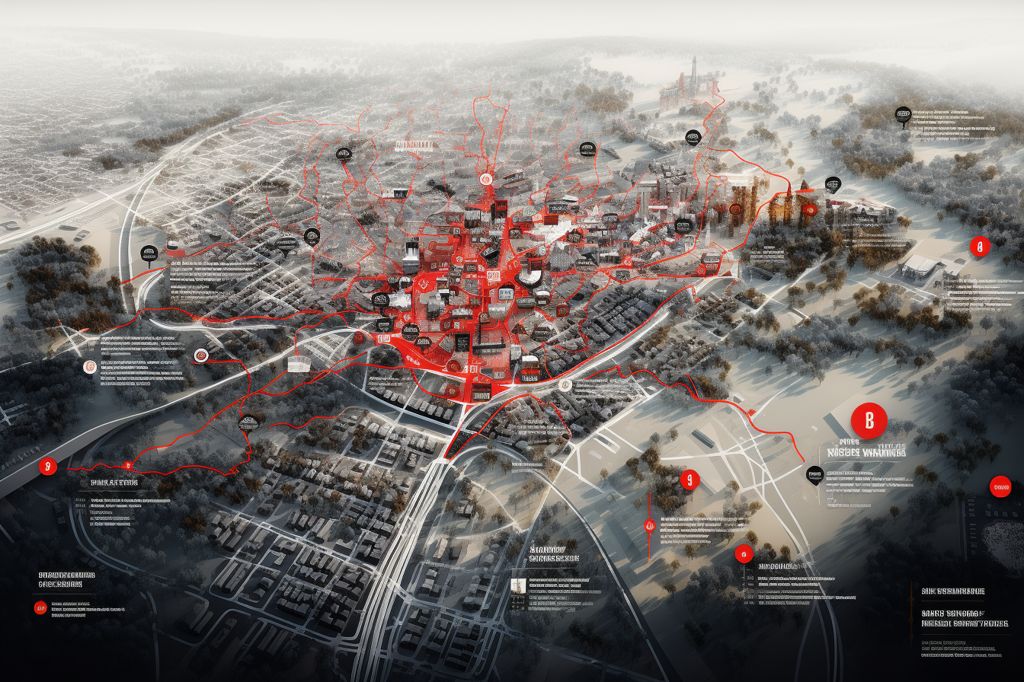On July 20th, 2023, the Gauteng Legislature will hold a roundtable discussion led by Chairperson Fasiha Hassan to address the challenges and opportunities presented by coalition governments in Gauteng. The event, organized by the Portfolio Committee on Cogta, e-Government, Research & Development, will take place at Pretoria’s Fire & Ice Hotel.
The Background of Coalition Governments in Gauteng
The 2021 local government elections resulted in 70 hung councils, leading to the formation of coalition governments in Gauteng’s metropolitan municipalities, including the City of Joburg, City of Tshwane, and the City of Ekurhuleni. Smaller municipalities like Mogale City and West Rand were also affected by coalition politics. These developments have caused political contestations among parties, often preventing municipal councils from passing budgets and implementing integrated development plans (IDPs).
The Importance of the Roundtable Discussion
To address these issues, the Committee has invited representatives from various organizations to participate in the roundtable discussion. These organizations include the National Department of Cogta, SALGA, AfriForum, Socio Economic Rights Institute (SERI), Cosatu, SAMWU, City of Tshwane, City of Ekurhuleni, Pretoria University, and UNISA.
The goal of the roundtable discussion is to explore the future prospects and challenges that may arise from coalition governments. The formation of coalition governments has caused political contestations among parties, often leading to municipal inefficiencies and slow service delivery. The roundtable discussion aims to bring together multiple stakeholders, including representatives from government departments, labor unions, academic institutions, and civil society organizations, to provide a platform for open dialogue about the challenges and opportunities presented by coalition governments.
The Role of the Media and the Public
The media has been invited to cover the event, which will be held from 10 am to 1:30 pm. In addition, it will be available for the public to view via YouTube and Facebook live stream links.
Collaborative Approach to Address Challenges
The roundtable discussion will be a collaborative approach to address the current concerns and challenges surrounding coalition governments in Gauteng Province. Stakeholders will have the chance to share their insights, experiences, and suggestions for effectively managing coalition governments in the future. This could potentially lead to the development of innovative strategies and solutions that can help ensure the success of coalition governments in Gauteng.
The Importance of the Roundtable Discussion
Through the collective efforts of the participants, the roundtable discussion aims to foster a better understanding of the complexities of coalition governments, while also exploring possible ways to navigate these challenges and improve the overall governance and service delivery in Gauteng Province. As the discussion unfolds, the insights and perspectives shared by the stakeholders will undoubtedly prove invaluable in shaping the future landscape of coalition governments in the region.








